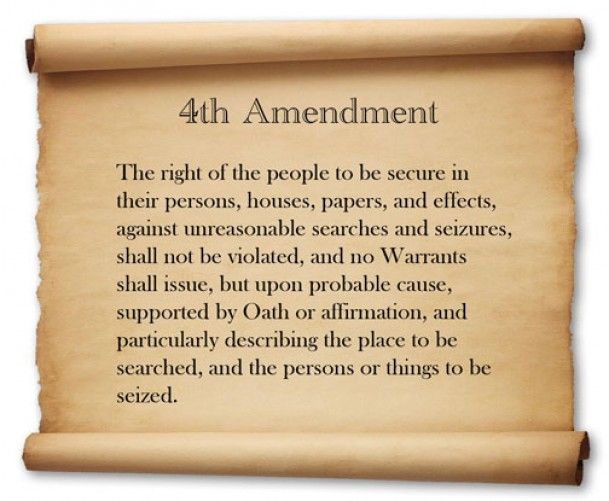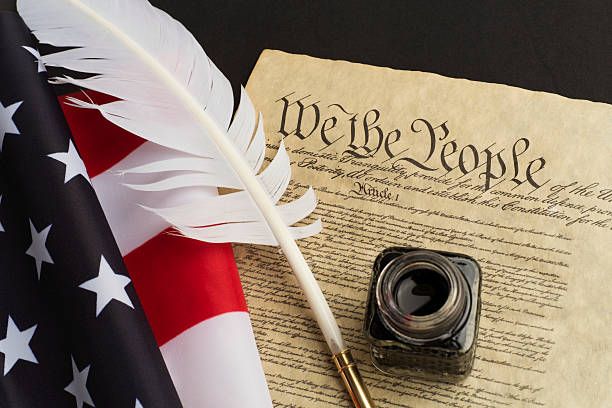Few prerequisites of the BILL of RIGHTS, propagated so directly out of the colonial experience as the Fourth Amendment. The Fourth Amendment protects against the government’s use of “writs of assistance”.
Informed by common law practices, the Fourth Amendment protects the full enjoyment of the rights of person security, personal property, and private property by prohibiting unreasonable searches and seizures. The Fourth Amendment requires that warrants must be supported by probable cause and that the person to be seized, the place to be searched, and the evidence to be sought is indicated in the warrant.
However, the U.S. Supreme Court, has interpreted the Fourth Amendment to allow exceptions to the warrant requirement such as a lawful warrantless search, primarily searches incident to arrest.
Searches and seizures that are reasonable are those which meet the requirements of the second clause; that is, are searches and seizures pursuant to warrants issued under the prescribed safeguards, or whether the two clauses are independent, so that searches under warrant must comply with the second clause but that there are reasonable researches under the first clause that need not comply with the second clause.
Constitution Annotated (n.d.) Amdt 4.1 Overview of Fourth Amendment, Searches and Seizures. https://constitution.congress.gov/browse/essay/amdt4-2/ALDE_00013706/


